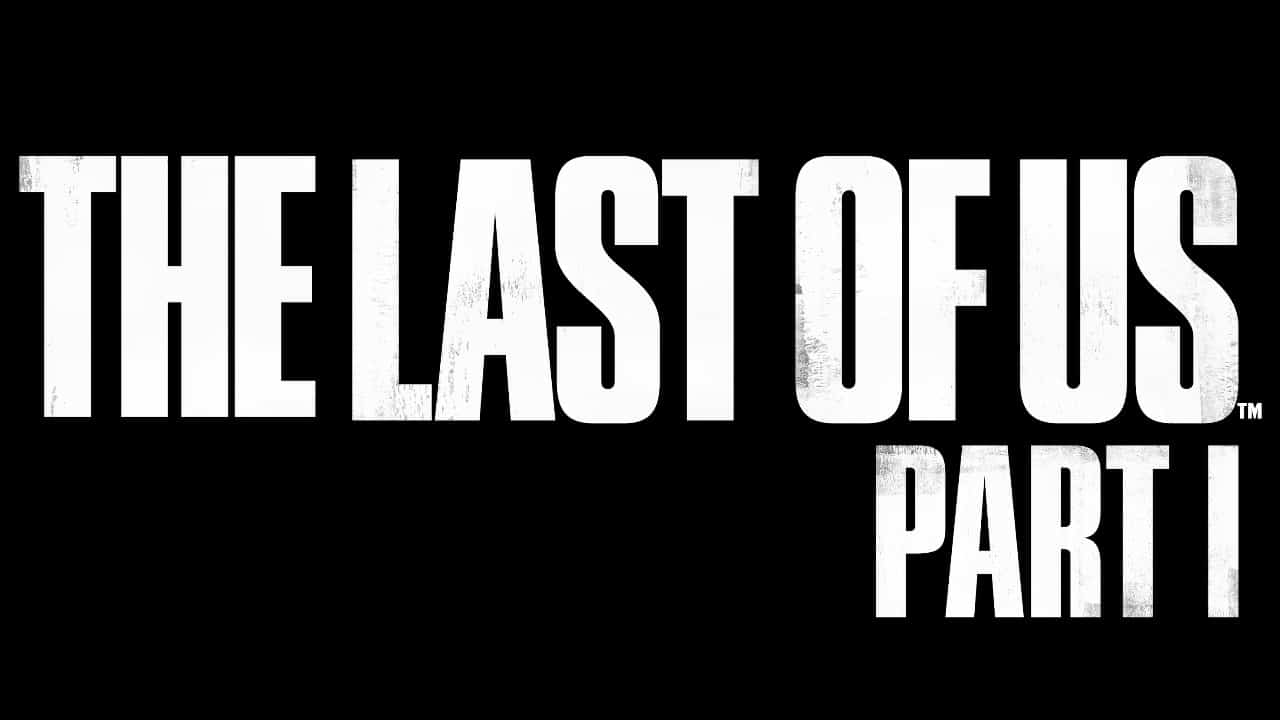The central bank is trying to fight high inflation, which rose to a record 8.1 percent in the eurozone in May. The ECB has been buying assets, especially bonds, for most of the past decade.
–
The ECB will now stop using its Asset Purchase Program (APP), a key support tool since the start of the euro area debt crisis. It intends to raise rates by 25 basis points in July and then raise them again in September, perhaps more sharply.
–
“If inflation persists or worsens in the medium term, a sharper increase will be appropriate at the September meeting,” the ECB said after its meeting today.
–
The central bank now has a deposit rate of minus 0.50 percent, and ECB chief Christine Lagarde said the rate could be back to zero or slightly above it by the end of the third quarter. However, financial markets expect a more significant rate hike, by 135 basis points by the end of the year, Reuters reported.
–
This would mean that rates will increase at each meeting from July, in some cases by more than a quarter of a percentage point.
–
The ECB has not raised rates for 11 years and the deposit rate has been negative since 2014. This means that commercial banks have to pay to deposit money at the ECB.
—


